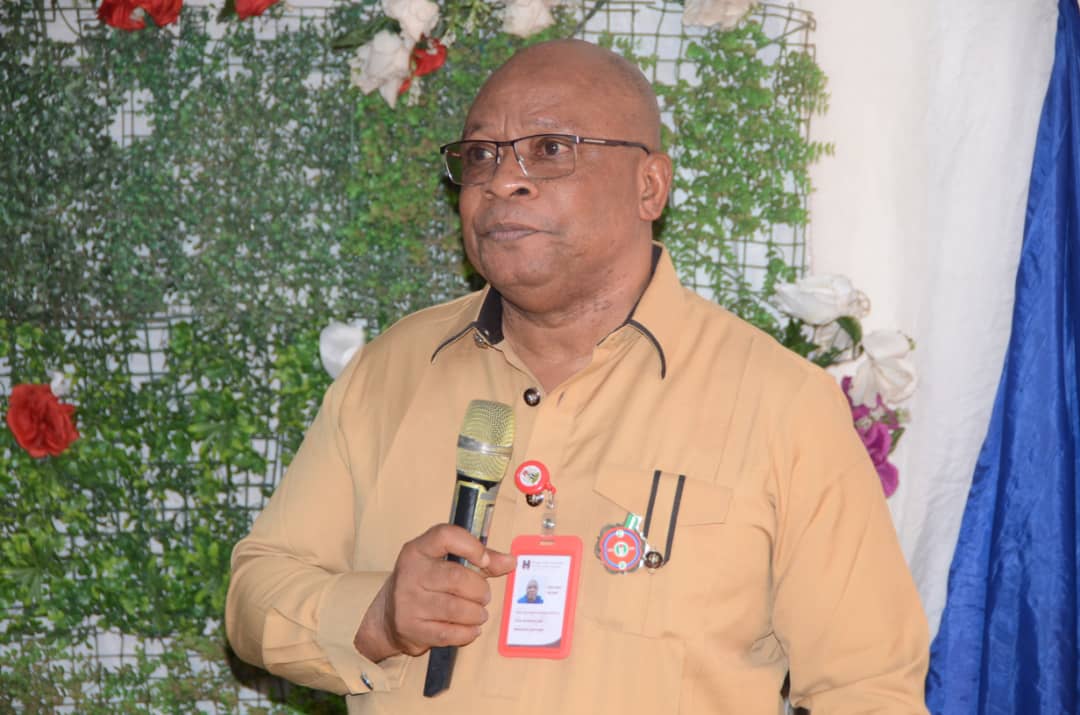In a decisive move aimed at combatting the menace of drug trafficking, the Nigerian Senate has passed a bill that imposes the death penalty on individuals found guilty of trafficking hard drugs and other substances.
The ruling, which came during a plenary session on Thursday, signifies a significant escalation in the country’s efforts to curb the illicit drug trade.
The bill, officially known as Bill 2024, the National Drug Law Enforcement Agency (NDLEA) Amendment, was passed following rigorous deliberations and scrutiny by the Senate Committees on the Judiciary, Human Rights and Legal Matters, and Drugs and Narcotics. The report of these committees, presented by Sen. Mohammed Monguno (APC-Borno), outlined key provisions aimed at strengthening the NDLEA’s mandate and enhancing its capacity to combat drug-related offenses.
Speaking on the amendment, Sen. Monguno emphasized the need to fortify the NDLEA’s activities, granting it authority to establish forensic review laboratories and update the list of harmful drugs. Additionally, the amendment seeks to review penalties and bolster the NDLEA’s prosecutorial authority over drug-related offenses, along with the enactment of subsidiary laws.
- Nigerian Army Reunites Rescued Chibok Schoolgirl with Family
- Prof., Ogbonna among Foreign Nationals to be Honored by Japanese Government
- ESUT appoints 2 Directors, Coordinator of Admissions
- Binance Alleges $150 Million Bribe Demand by Nigerian Officials Amidst Legal Battle
- President Tinubu Returns to Abuja After Two Weeks Overseas Engagements
- Joint Task Force Operation UDO KA Elimates IPOB/ESN Commander in Imo State
During deliberations, Sen. Ali Ndume (APC Borno) moved to amend clause 11 of the bill, advocating for the imposition of the death penalty for drug traffickers. This motion was seconded by Sen. Onyekachi Nwaebonyi (APC-Ebonyi), who argued for harsher penalties considering the significant harm caused by drug trafficking to the nation.
The decision to adopt the death penalty clause was put to a voice vote, with the “Yes” side prevailing under the leadership of Deputy President of the Senate, Barau Jubrin (APC-Kano). However, Sen. Adams Oshiomhole (APC-Edo) expressed dissent, contending that decisions involving life and death should not be determined by a simple “Yes or No” vote. He advocated for a vote by each senator, highlighting the gravity of such decisions.
In response, Barau defended the voting process, stating that members had voiced their vote and the presiding officer merely acknowledged the outcome. Nonetheless, Sen. Oshiomhole’s stance underscores the gravity of the Senate’s decision and the complexities surrounding the imposition of the death penalty in Nigeria.
As the bill awaits further legislative processes and potential implementation, the Senate’s move to impose stricter penalties for drug trafficking underscores the government’s commitment to tackling drug-related crimes and safeguarding public health and safety. However, the debate surrounding the death penalty clause serves as a reminder of the ethical and legal considerations inherent in crafting punitive measures for criminal offenses.



